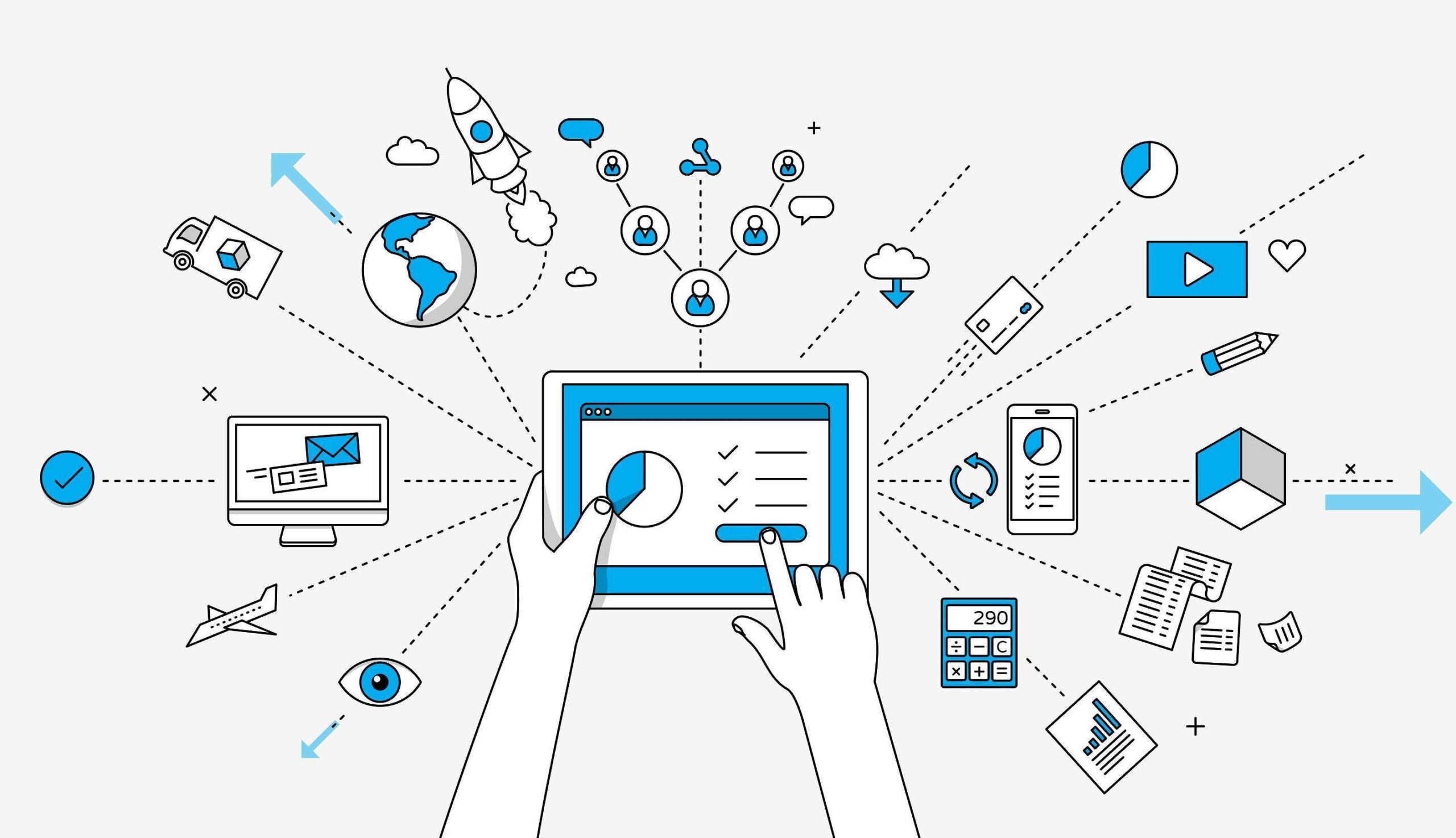
Today is Safer Internet Day, an annual event that raises awareness of emerging online issues, especially those affecting younger internet-users. This year’s theme is “together for a better internet.”
Focusing on “privacy concerns, cyberbullying, disinformation, exposure to potentially harmful content and predatory behaviours”, Safer Internet Day aims to mitigate risks associated with the internet, while enabling users to make the most of the opportunities it offers.
A new study conducted by IDEX Biometrics ASA and Arlington Research found that the average age of respondents when they first accessed adult content was just 14 years old, and 11 years old on average when first visiting social media.
Safer Internet Day: Microsoft’s Digital Civility Index
Coinciding with Safer Internet Day, Microsoft has published its Digital Civility Index, which measures the “tone and tenor” of online interactions, has found that digital incivility is at a four-year high. According to the index, perceived online incivility currently stands at 70%, the highest it has been since the survey began in 2016.
Microsoft calculates this by surveying teens and adults across 25 countries about online life and their exposure to reputational, behavioural, sexual and personal/intrusive risks online to discover their attitudes and perceptions about online behaviour and interactions.
Physical appearance, politics, sexual orientation, religion and race were all cited as sources of incivility online, with 66% saying that social media sites were the most common place for incivility to occur.
How well do you really know your competitors?
Access the most comprehensive Company Profiles on the market, powered by GlobalData. Save hours of research. Gain competitive edge.

Thank you!
Your download email will arrive shortly
Not ready to buy yet? Download a free sample
We are confident about the unique quality of our Company Profiles. However, we want you to make the most beneficial decision for your business, so we offer a free sample that you can download by submitting the below form
By GlobalDataAccording to the index, 49% of teens surveyed had experienced a risk online and 55% worry that these risks will happen again. 40% of people said they’d been exposed to a risk in the last week or month.
However, looking to the future, those surveyed predicted that civility online will improve in the coming years. A third expect “fewer women to be sexually harassed online, fewer teens to be bullied and expect online political discussions to become more constructive”. Furthermore, half said they thought technology companies will create tools and policies to encourage respectful and civil behavior.
David Orme, senior vice president at IDEX Biometrics ASA:
“With more connected devices entering the family home, parents are under added pressure to protect their children online. Parents don’t have time to constantly check every website or app and it can be easy for children to falsify their date of birth to get around online age restrictions. These findings show more needs to be done by the Government and tech providers to help parents intercept children when they are most vulnerable.”
Read more: Facebook encryption plans condemned by child protection groups.



